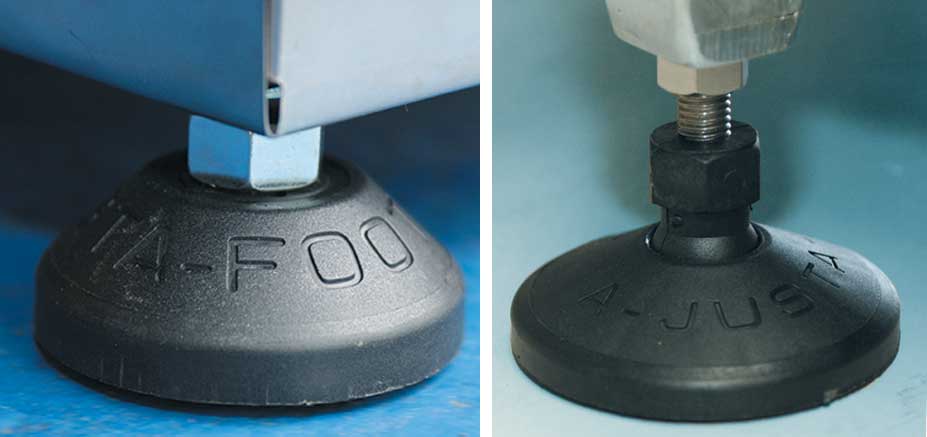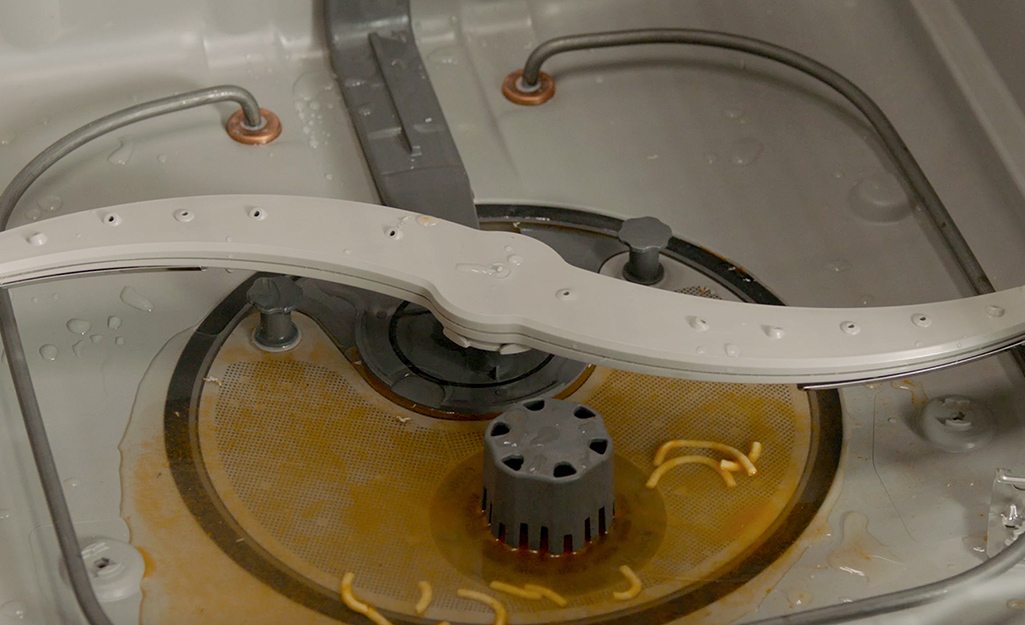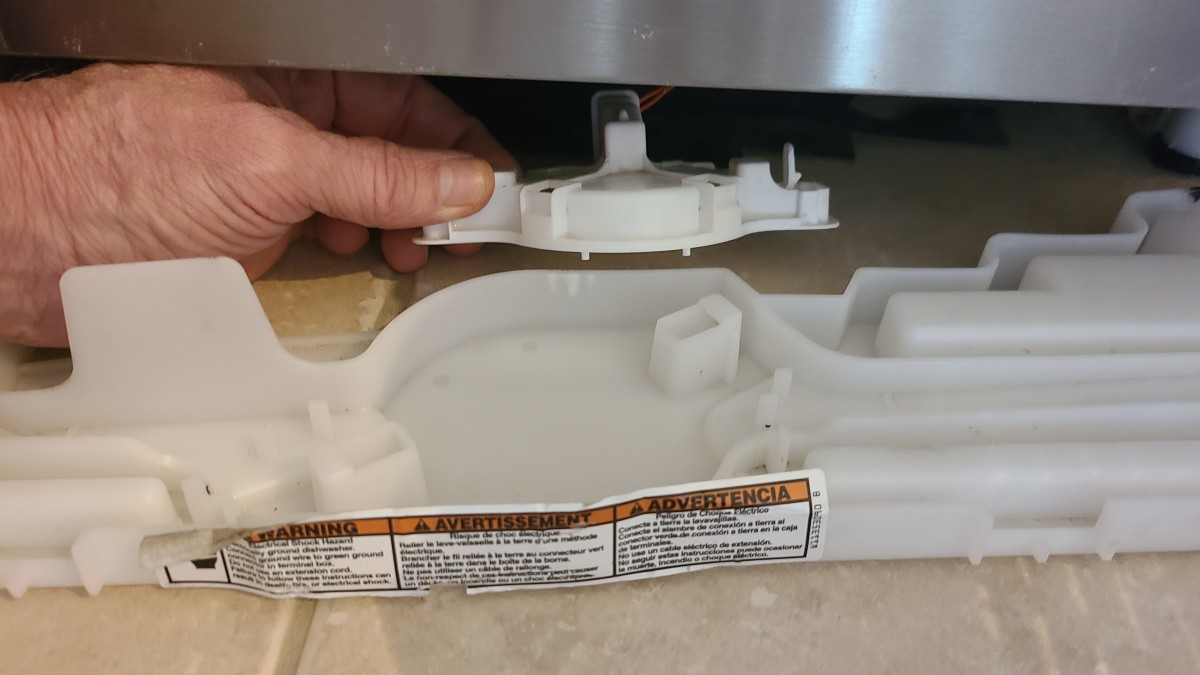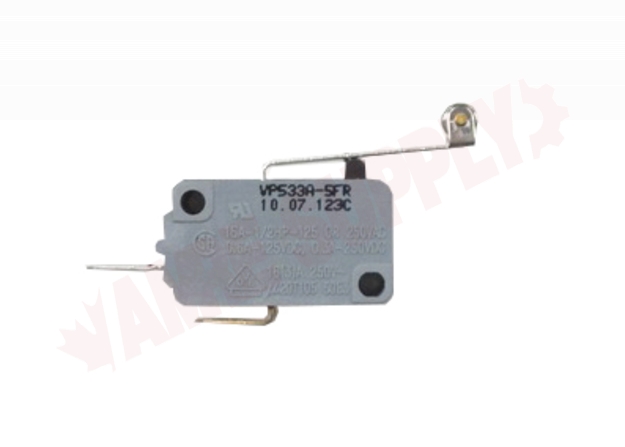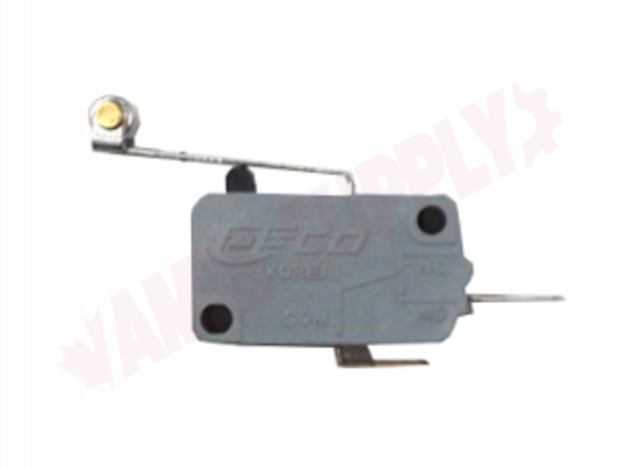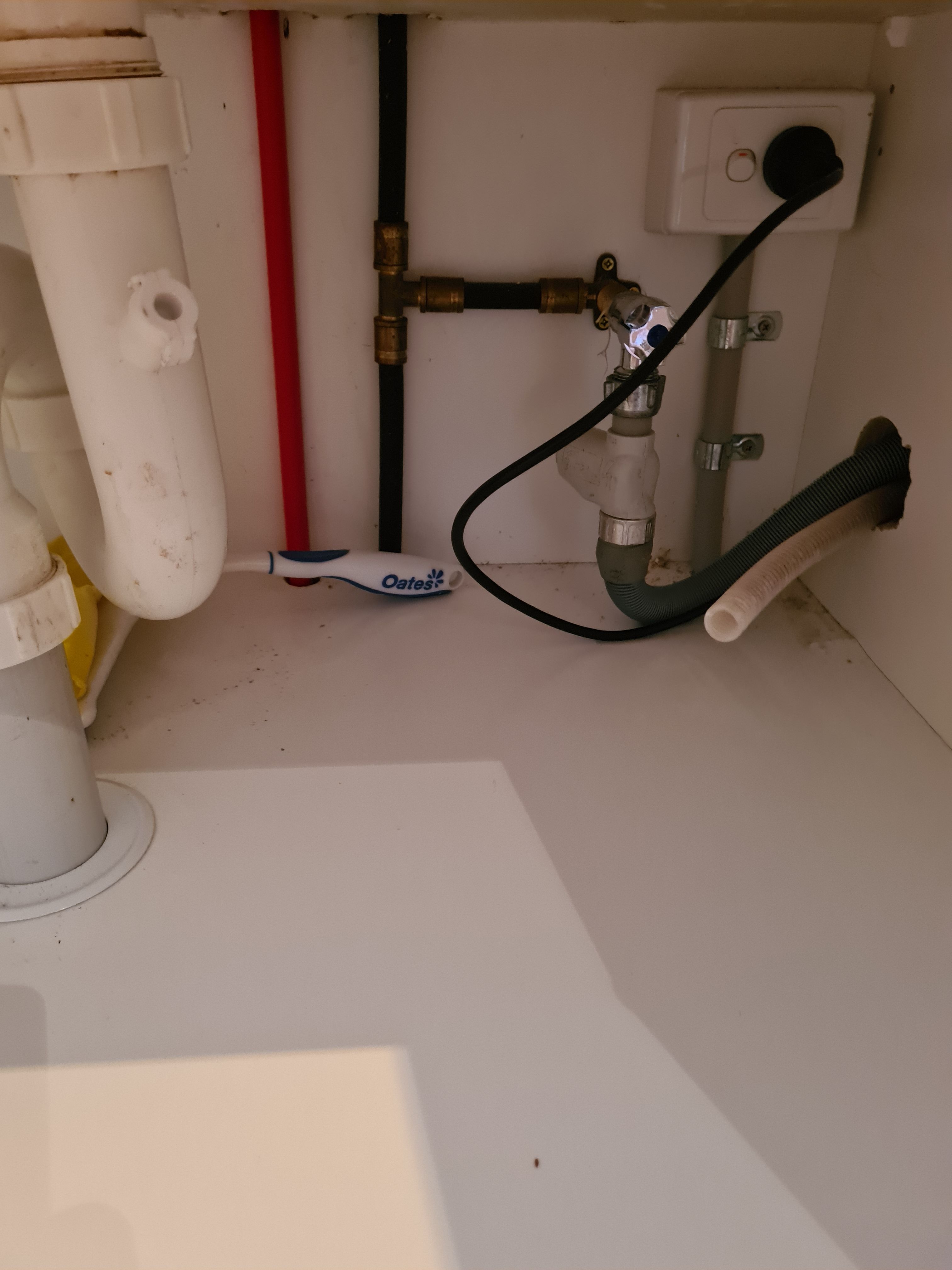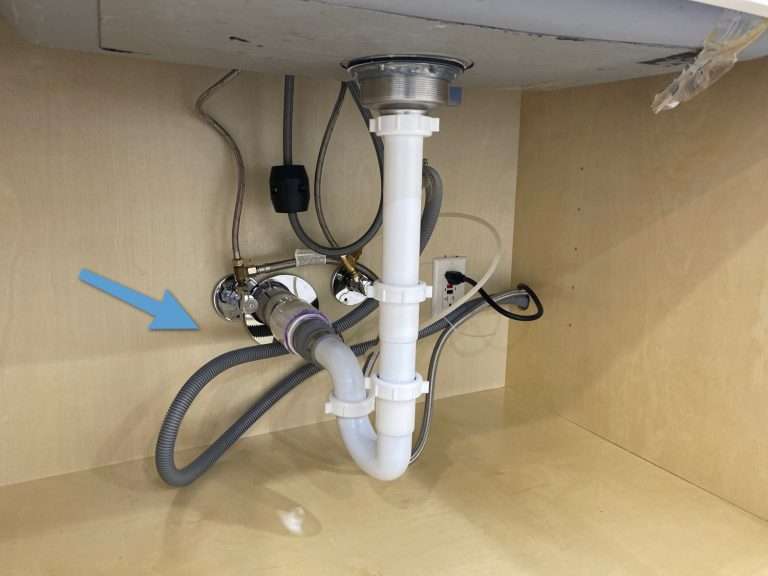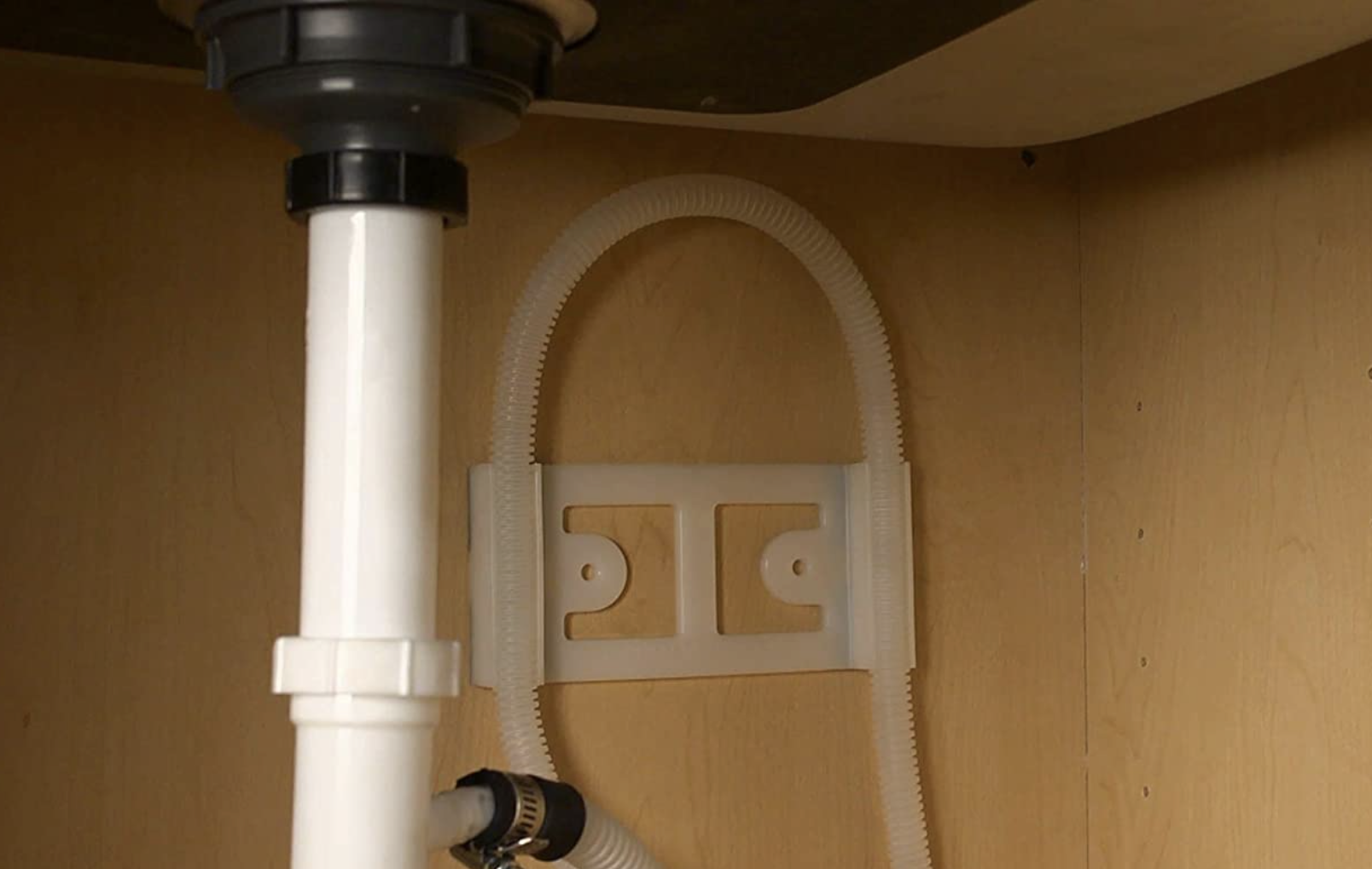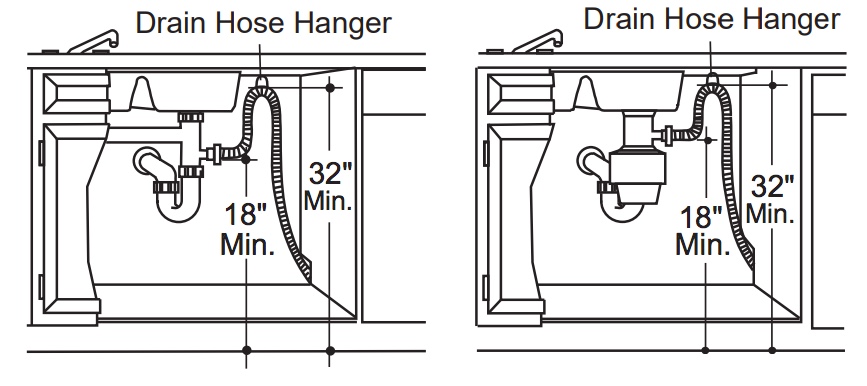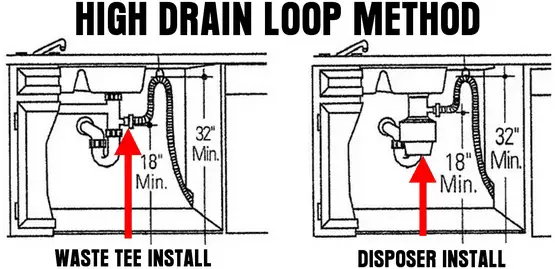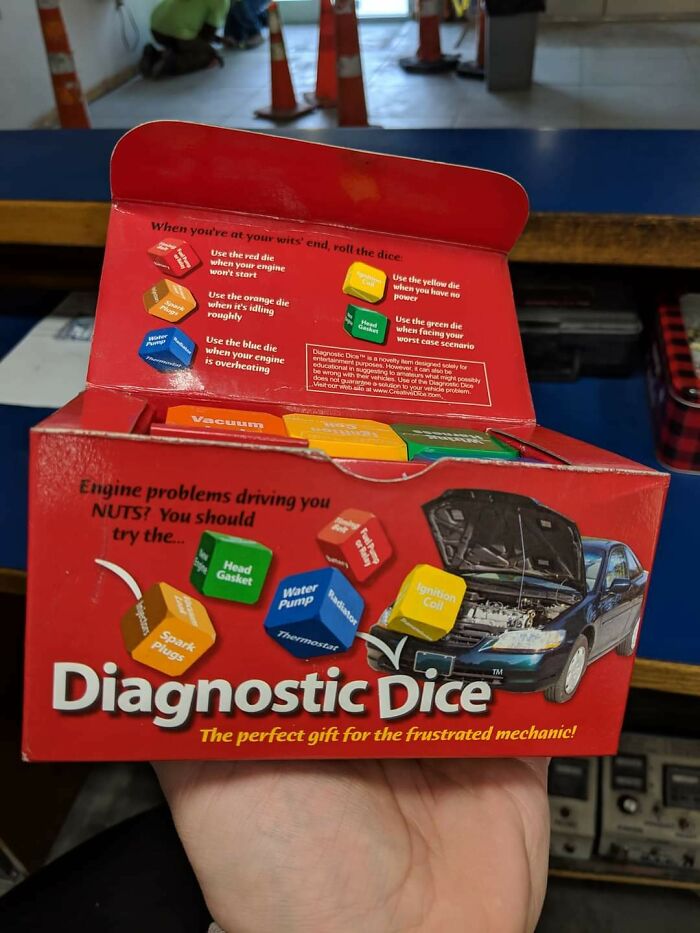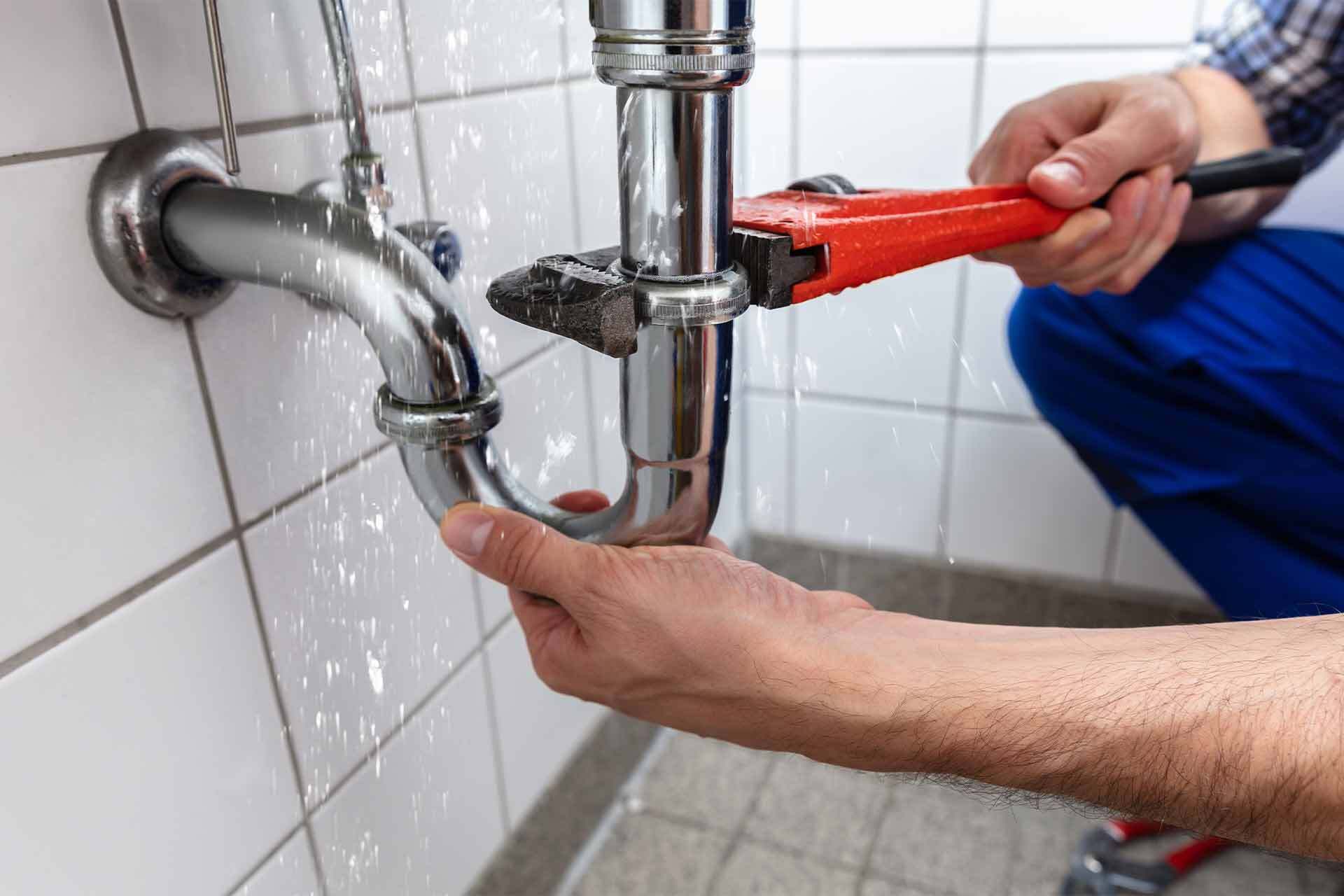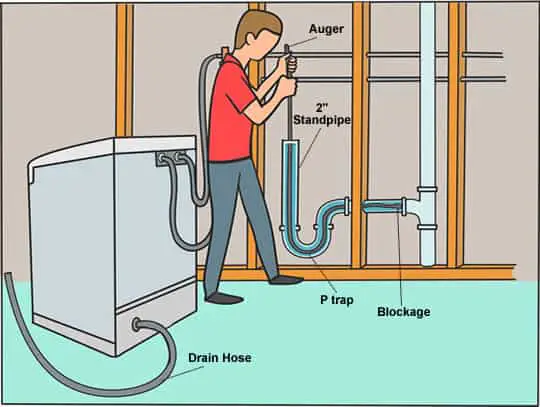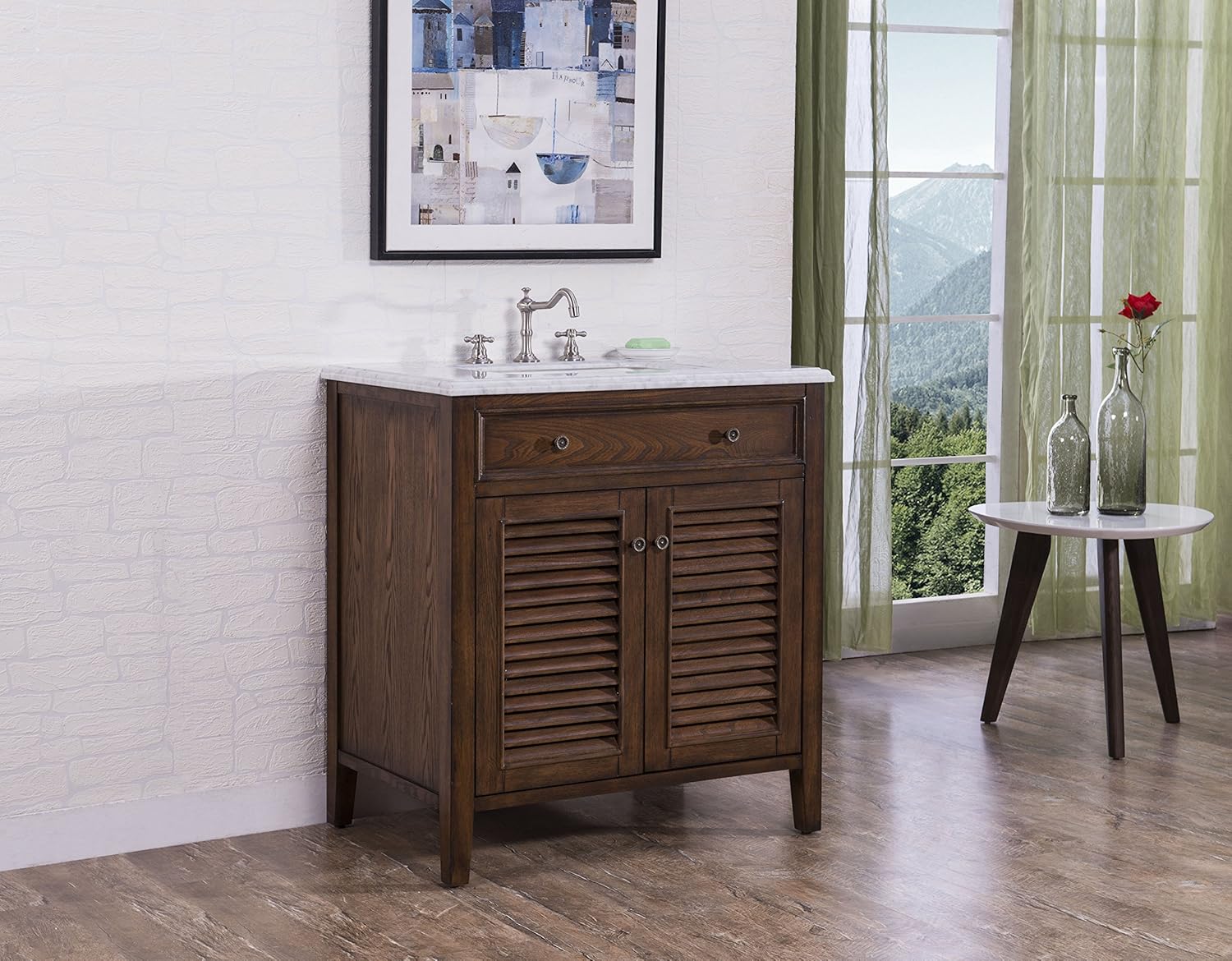If your kitchen sink keeps leaking into your dishwasher, the first thing you should do is check the sink drain and garbage disposal for any clogs or leaks. A clogged or damaged drain can cause water to back up into the dishwasher, while a leaky garbage disposal can also lead to water seeping into the dishwasher. Use a plunger or a drain snake to clear any clogs and inspect the garbage disposal for any cracks or loose connections. Fixing these issues can help prevent water from leaking into your dishwasher.1. Check the sink drain and garbage disposal for clogs or leaks
The drain hose is responsible for carrying the dirty water from the dishwasher to the sink drain. However, if it is damaged or blocked, the water can back up into the dishwasher. Inspect the drain hose for any kinks, tears, or blockages. You can use a pipe cleaner or a small brush to remove any debris or buildup inside the hose. If the hose is damaged, replace it with a new one to ensure proper drainage and prevent leaks into your dishwasher.2. Inspect the dishwasher drain hose for any damage or blockages
Over time, the connections between the sink and dishwasher can become loose, causing water to leak into the dishwasher. Check all the connections and make sure they are tight and secure. If you notice any cracks or damage, replace the fittings to prevent further leaks. It is also a good idea to regularly check these connections to ensure they are in good condition.3. Tighten any loose connections between the sink and dishwasher
The dishwasher air gap is a small device located next to the sink that prevents dirty water from flowing back into the dishwasher. If it becomes clogged or malfunctioning, water can leak into the dishwasher. You can clean the air gap by removing the cap and cleaning the inside with a small brush. If the issue persists, consider replacing the air gap to prevent any further leaks.4. Replace the dishwasher air gap if it is clogged or malfunctioning
The door seal is responsible for keeping water inside the dishwasher while it is running. If it is damaged or has any tears or gaps, water can leak out and into the dishwasher. Inspect the door seal and replace it if necessary. You can also clean the seal with a damp cloth to ensure it is free from any debris or buildup.5. Check the dishwasher door seal for any tears or gaps
The dishwasher filter helps trap food particles and debris, preventing them from clogging the drain. However, if the filter becomes clogged, water can back up into the dishwasher. Regularly clean the filter to ensure proper drainage and prevent any leaks. You can use a soft brush or a toothbrush to remove any debris from the filter.6. Clean the dishwasher filter to ensure proper drainage
If your dishwasher is not properly aligned with the sink, water can leak out and into the dishwasher. Check the leveling feet at the bottom of the dishwasher and adjust them if necessary. Use a level to ensure the dishwasher is perfectly balanced. This can help prevent any leaks and ensure proper drainage.7. Adjust the dishwasher's leveling feet to ensure it is properly aligned with the sink
The float switch is responsible for turning off the water supply to the dishwasher when the tub is full. If it is damaged or has any debris blocking it, water can continue to flow into the dishwasher and cause leaks. Inspect the float switch and clean it if necessary. If it is damaged, consider replacing it to prevent any further issues.8. Inspect the dishwasher's float switch for any damage or debris
A high loop is a simple yet effective solution to prevent water from flowing back into the dishwasher. This involves creating a loop in the dishwasher drain hose and attaching it to the underside of the sink. This loop prevents water from flowing back into the dishwasher, ensuring proper drainage and preventing leaks. You can easily install a high loop yourself or hire a professional plumber to do it for you.9. Consider installing a high loop in the dishwasher drain hose to prevent backflow
If you have tried all the above solutions and your kitchen sink still keeps leaking into your dishwasher, it may be time to call a professional plumber. They have the knowledge and expertise to diagnose the issue and fix it effectively. It could be a more complex problem, such as a faulty valve or a damaged pump, which requires professional help to fix. Don't hesitate to call a plumber as soon as possible to prevent any further damage to your dishwasher and kitchen sink. In conclusion, a leaking kitchen sink into your dishwasher can be a frustrating and inconvenient issue. However, by following these tips and regularly maintaining your dishwasher, you can prevent leaks and ensure proper drainage. If the issue persists, don't hesitate to seek professional help to fix the problem and keep your kitchen running smoothly.10. If all else fails, call a professional plumber to diagnose and fix the issue
The Importance of Proper Kitchen Sink Maintenance

Preventing Water Damage in Your Kitchen
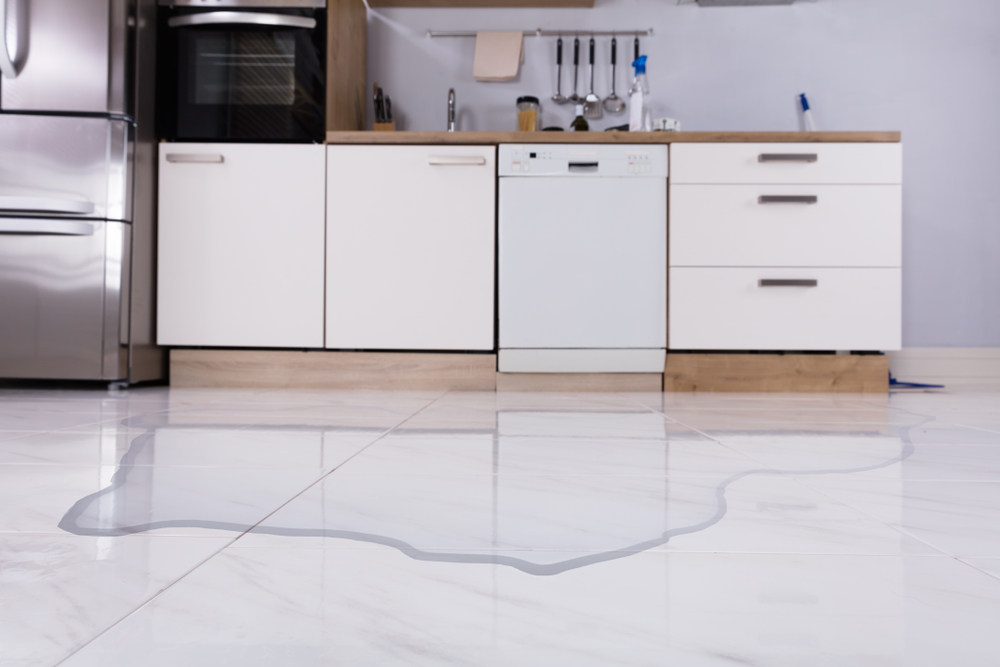 One of the most common and frustrating problems homeowners face in their kitchens is a
leaking sink
. Not only does it create a mess, but it can also cause
water damage
to your cabinets, floors, and even your dishwasher. If left untreated, this issue can lead to costly repairs and potential health hazards. To avoid this headache, it's important to understand the causes of a leaking sink and how to properly maintain it.
One of the most common and frustrating problems homeowners face in their kitchens is a
leaking sink
. Not only does it create a mess, but it can also cause
water damage
to your cabinets, floors, and even your dishwasher. If left untreated, this issue can lead to costly repairs and potential health hazards. To avoid this headache, it's important to understand the causes of a leaking sink and how to properly maintain it.
The Culprits Behind a Leaking Sink
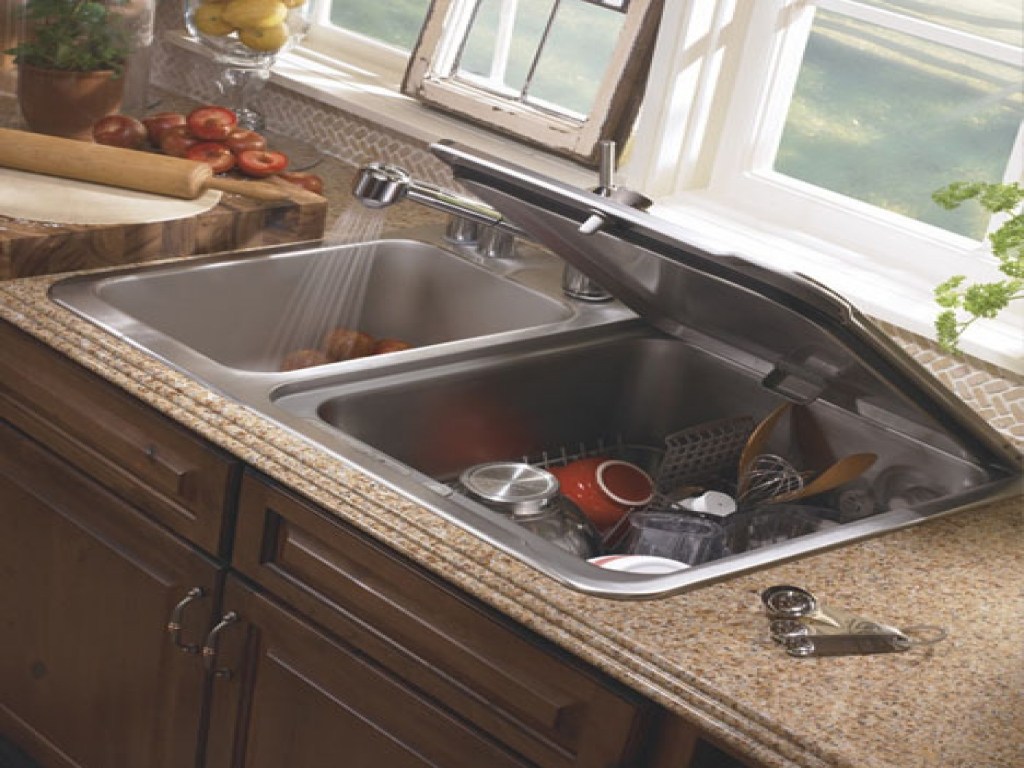 There are several potential causes for a
leaky kitchen sink
, and identifying the source is crucial in finding a solution. One common culprit is a worn-out or damaged
seal
between the sink and the
drain
. Over time, this seal can wear out from regular use or become damaged due to harsh cleaning chemicals. Another possible cause is a
loose connection
between the sink and the
drain pipe
, which can occur if the sink was not installed properly. Additionally, a
clogged drain
can cause water to back up and leak out of the sink. It's important to identify the root cause of the leak in order to effectively fix the issue.
There are several potential causes for a
leaky kitchen sink
, and identifying the source is crucial in finding a solution. One common culprit is a worn-out or damaged
seal
between the sink and the
drain
. Over time, this seal can wear out from regular use or become damaged due to harsh cleaning chemicals. Another possible cause is a
loose connection
between the sink and the
drain pipe
, which can occur if the sink was not installed properly. Additionally, a
clogged drain
can cause water to back up and leak out of the sink. It's important to identify the root cause of the leak in order to effectively fix the issue.
Proper Maintenance for a Leak-Free Sink
 Prevention is key when it comes to avoiding a
leaking kitchen sink
. Regularly checking and cleaning the sink's
seal
and
drain
can help prevent leaks from occurring. Avoid using harsh chemicals when cleaning your sink and opt for more gentle, natural cleaners. It's also important to regularly
tighten
any loose connections and clear out any
clogs
in the drain. If you notice any signs of a leak, such as water pooling under the sink or a musty odor, it's important to address the issue immediately to avoid further damage.
Prevention is key when it comes to avoiding a
leaking kitchen sink
. Regularly checking and cleaning the sink's
seal
and
drain
can help prevent leaks from occurring. Avoid using harsh chemicals when cleaning your sink and opt for more gentle, natural cleaners. It's also important to regularly
tighten
any loose connections and clear out any
clogs
in the drain. If you notice any signs of a leak, such as water pooling under the sink or a musty odor, it's important to address the issue immediately to avoid further damage.
Avoiding Costly Repairs
 Ignoring a
leaking kitchen sink
can lead to more than just a messy kitchen. It can also result in costly repairs and potential health hazards.
Water damage
can weaken the structure of your cabinets and floors, leading to expensive repairs and even mold growth. By properly maintaining your sink and addressing any leaks promptly, you can avoid these potential issues and save money in the long run.
In conclusion, a
leaking kitchen sink
is a common problem that can lead to costly repairs and potential health hazards. By understanding the causes of a leak and properly maintaining your sink, you can prevent this issue from occurring and keep your kitchen in top shape. Remember to regularly check and clean the sink's seal and drain, avoid using harsh chemicals, and promptly address any leaks to avoid costly repairs.
Ignoring a
leaking kitchen sink
can lead to more than just a messy kitchen. It can also result in costly repairs and potential health hazards.
Water damage
can weaken the structure of your cabinets and floors, leading to expensive repairs and even mold growth. By properly maintaining your sink and addressing any leaks promptly, you can avoid these potential issues and save money in the long run.
In conclusion, a
leaking kitchen sink
is a common problem that can lead to costly repairs and potential health hazards. By understanding the causes of a leak and properly maintaining your sink, you can prevent this issue from occurring and keep your kitchen in top shape. Remember to regularly check and clean the sink's seal and drain, avoid using harsh chemicals, and promptly address any leaks to avoid costly repairs.

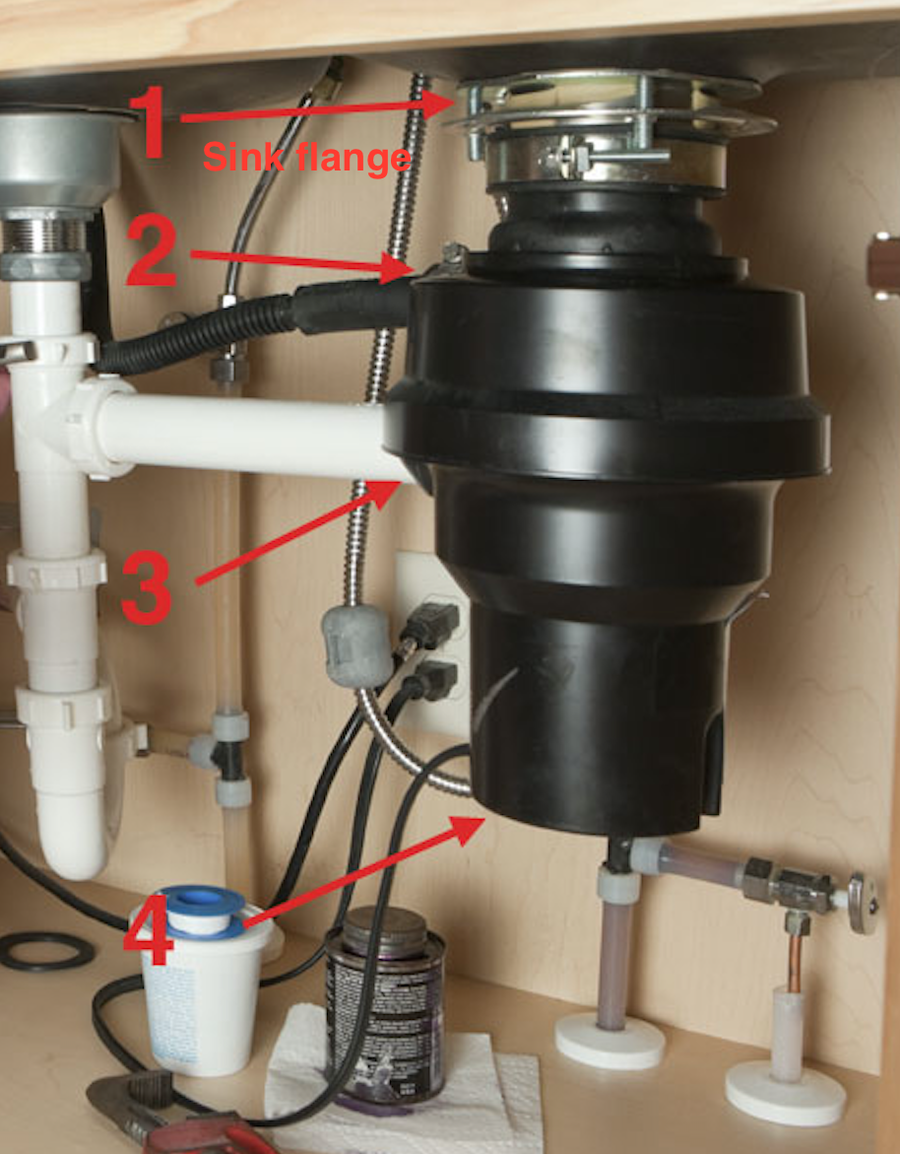
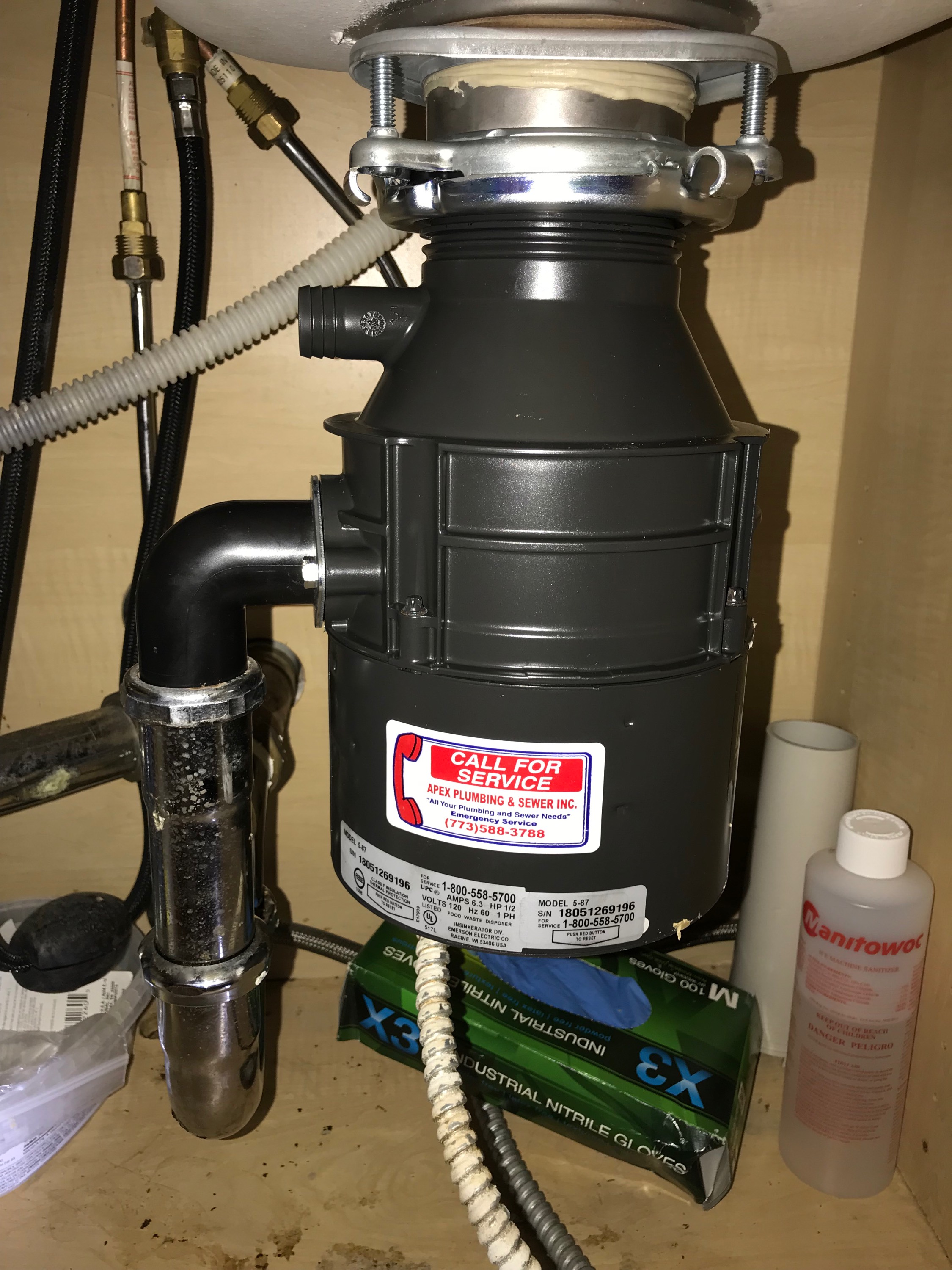
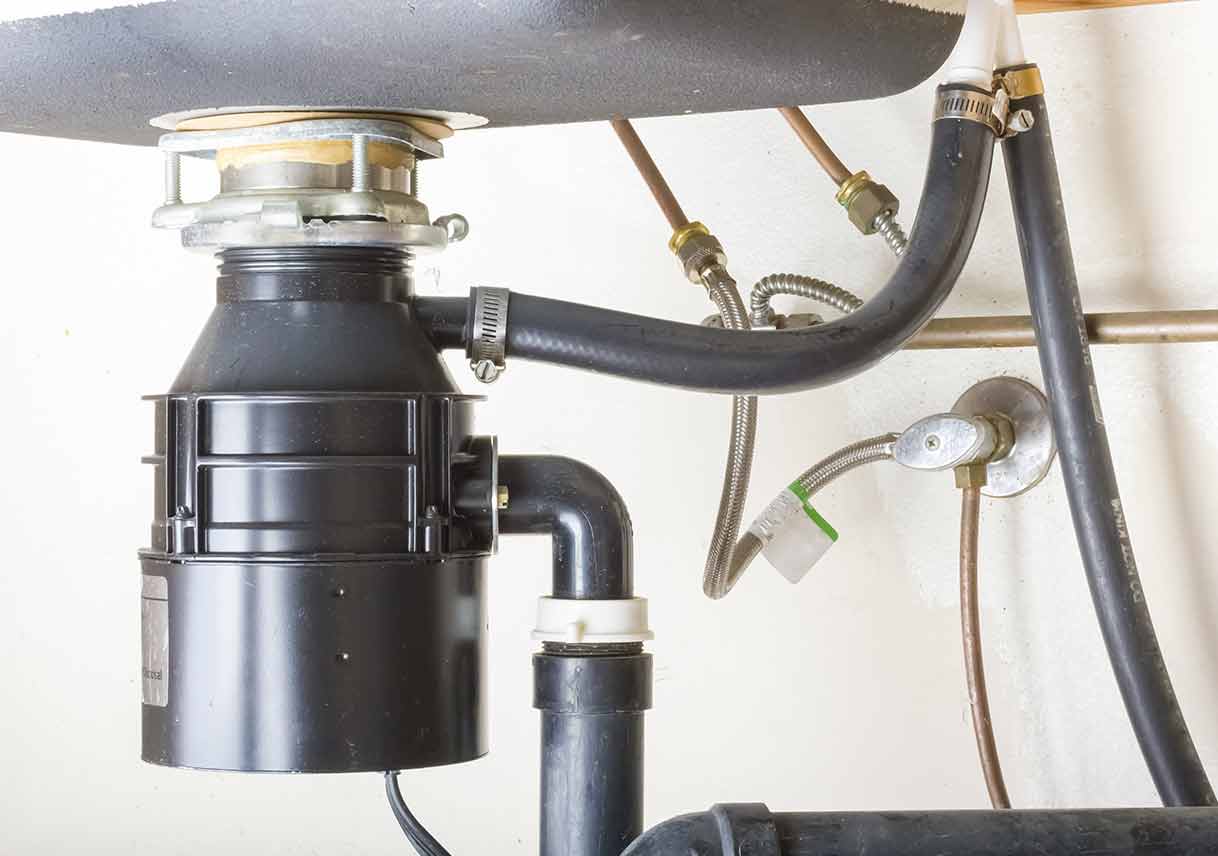
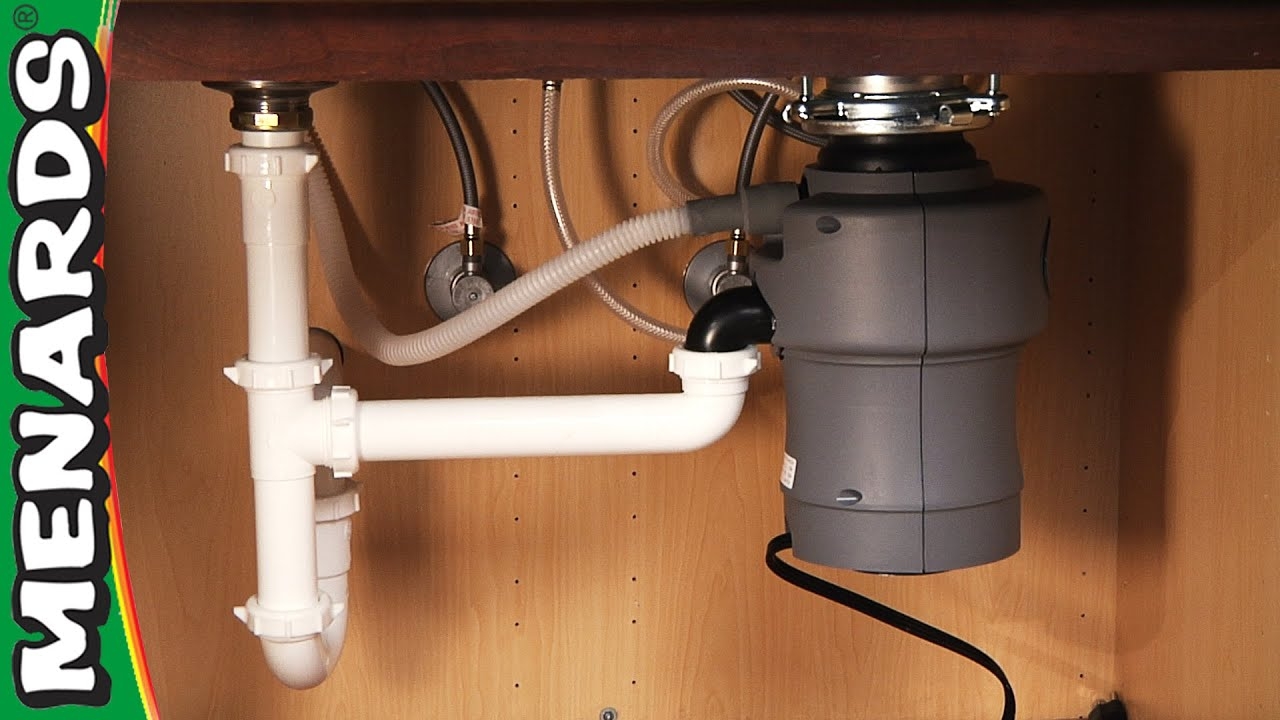
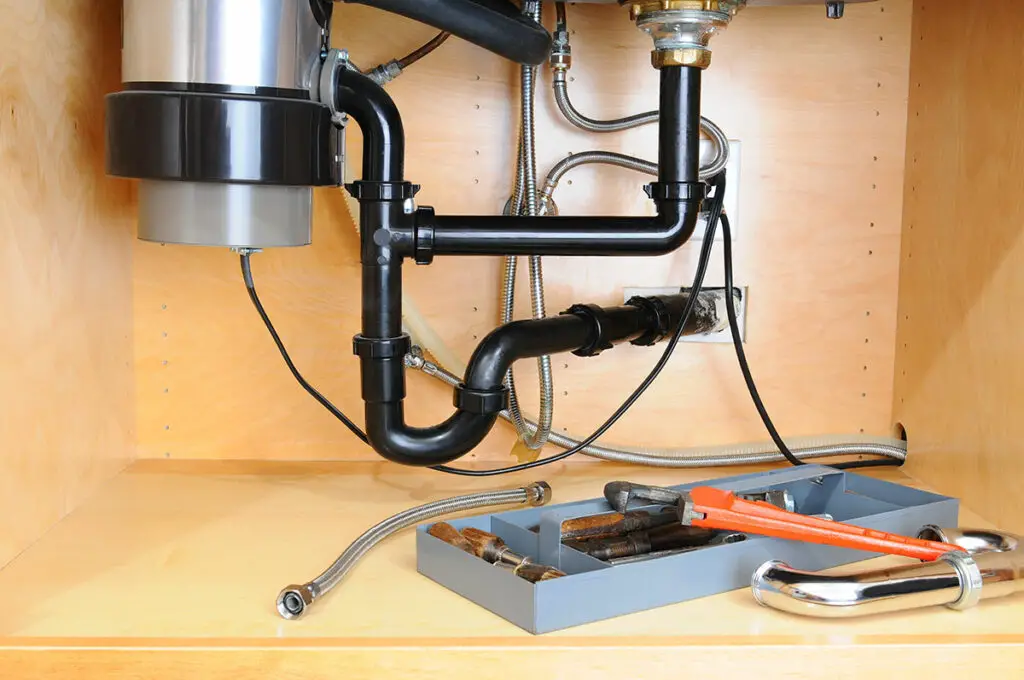
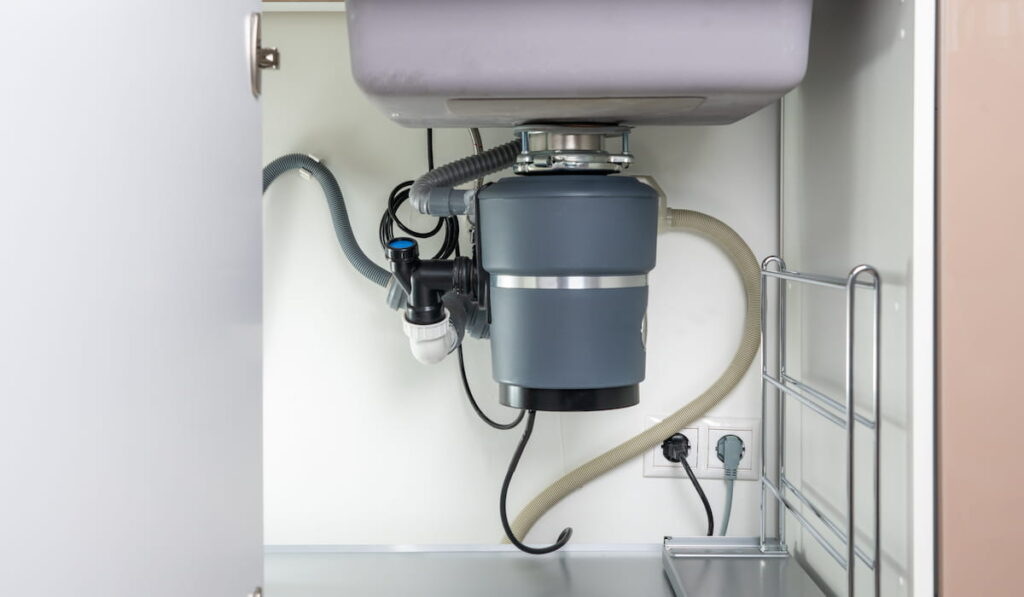






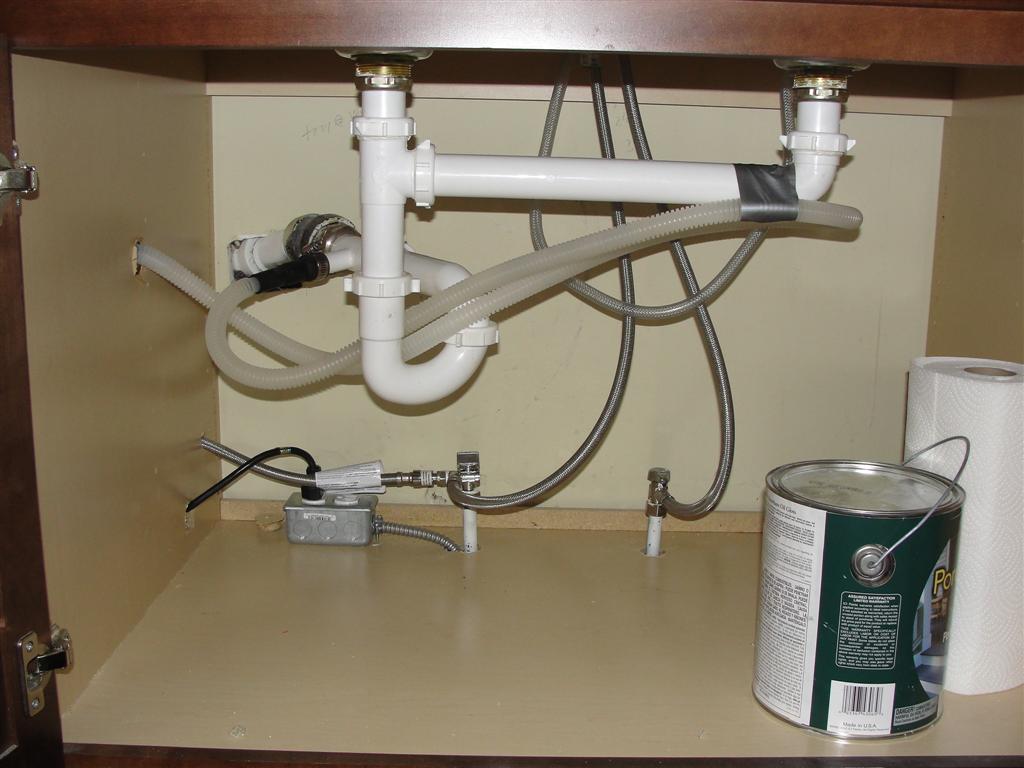
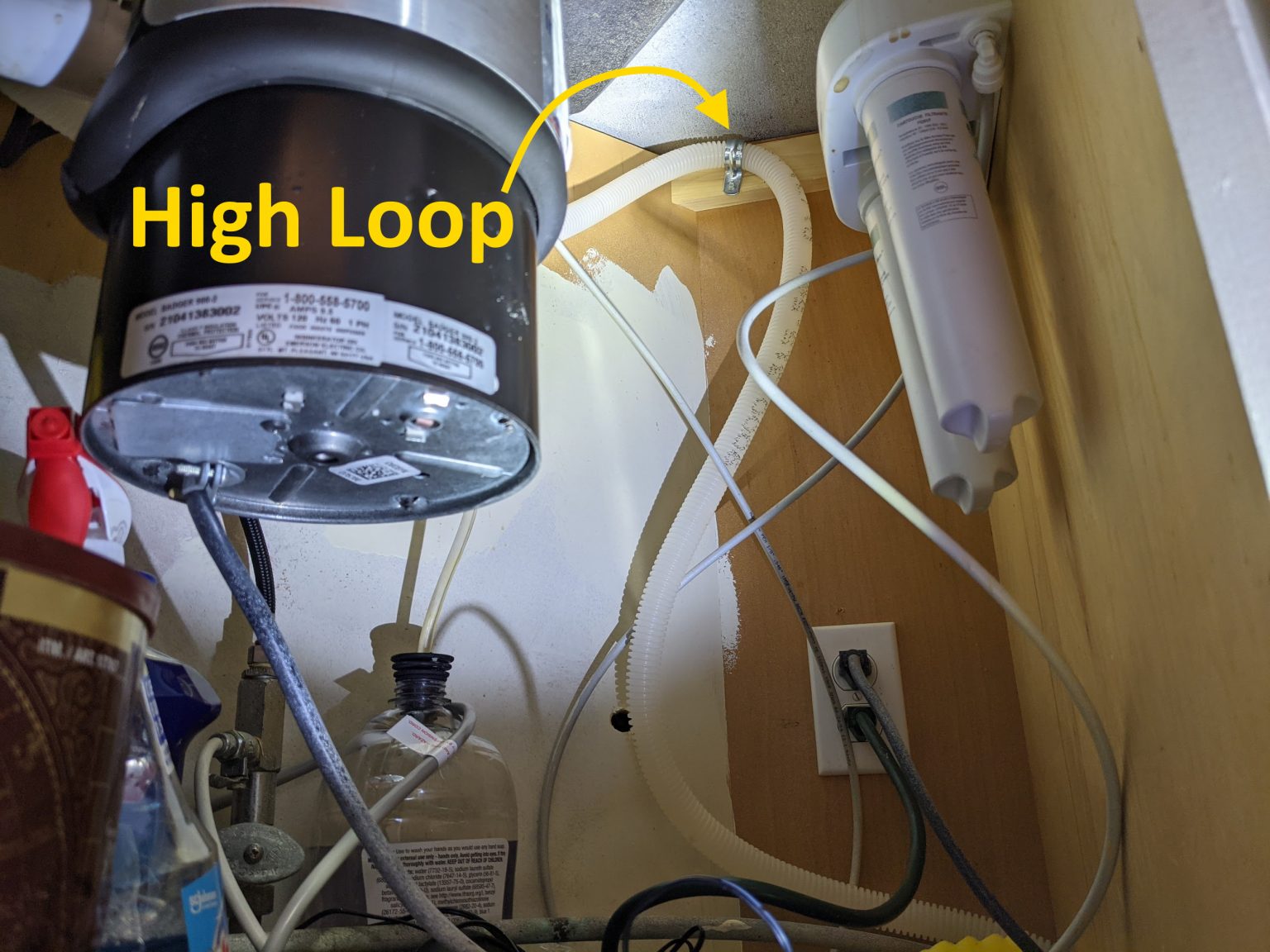



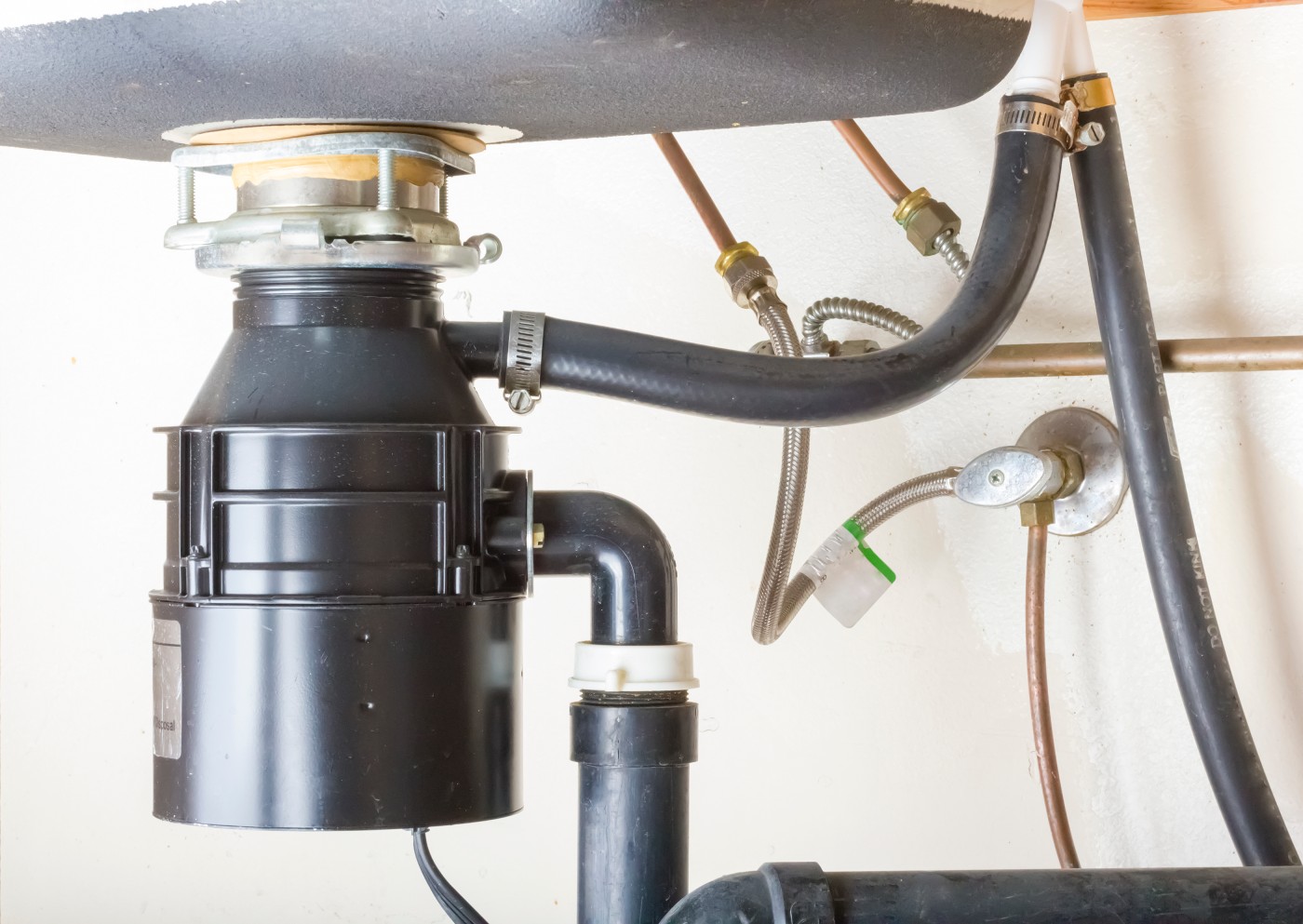








/how-to-install-a-sink-drain-2718789-hero-24e898006ed94c9593a2a268b57989a3.jpg)





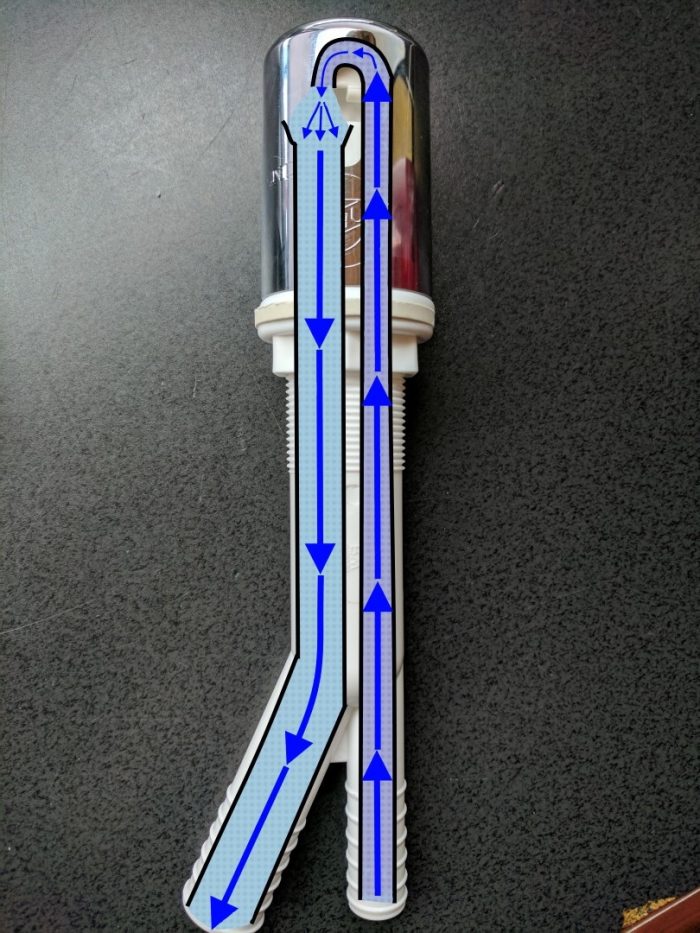
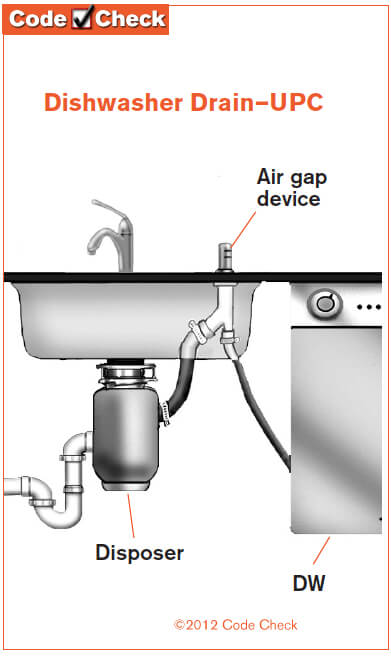
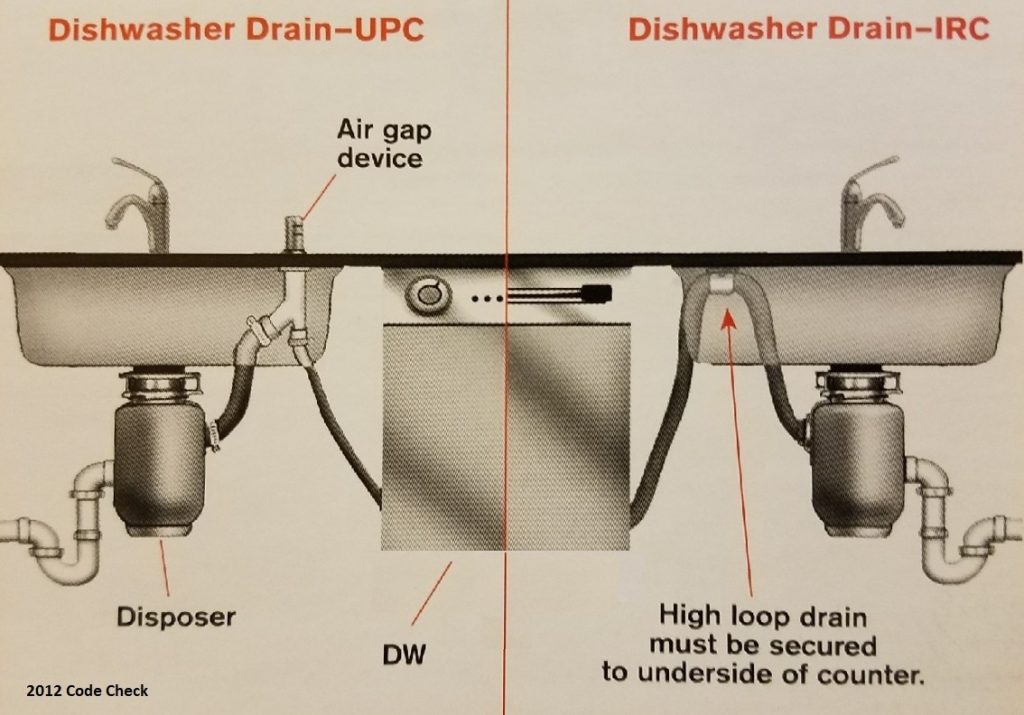




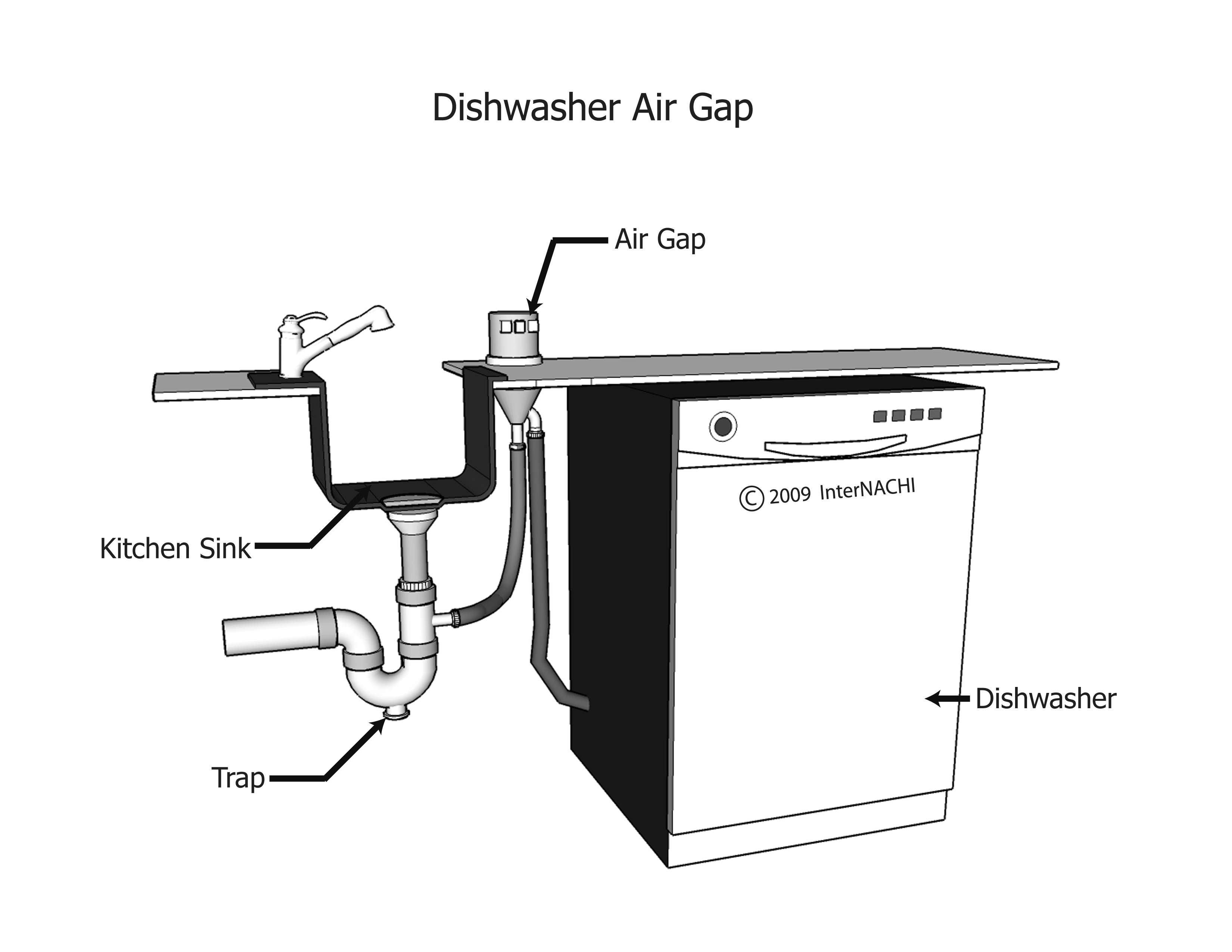

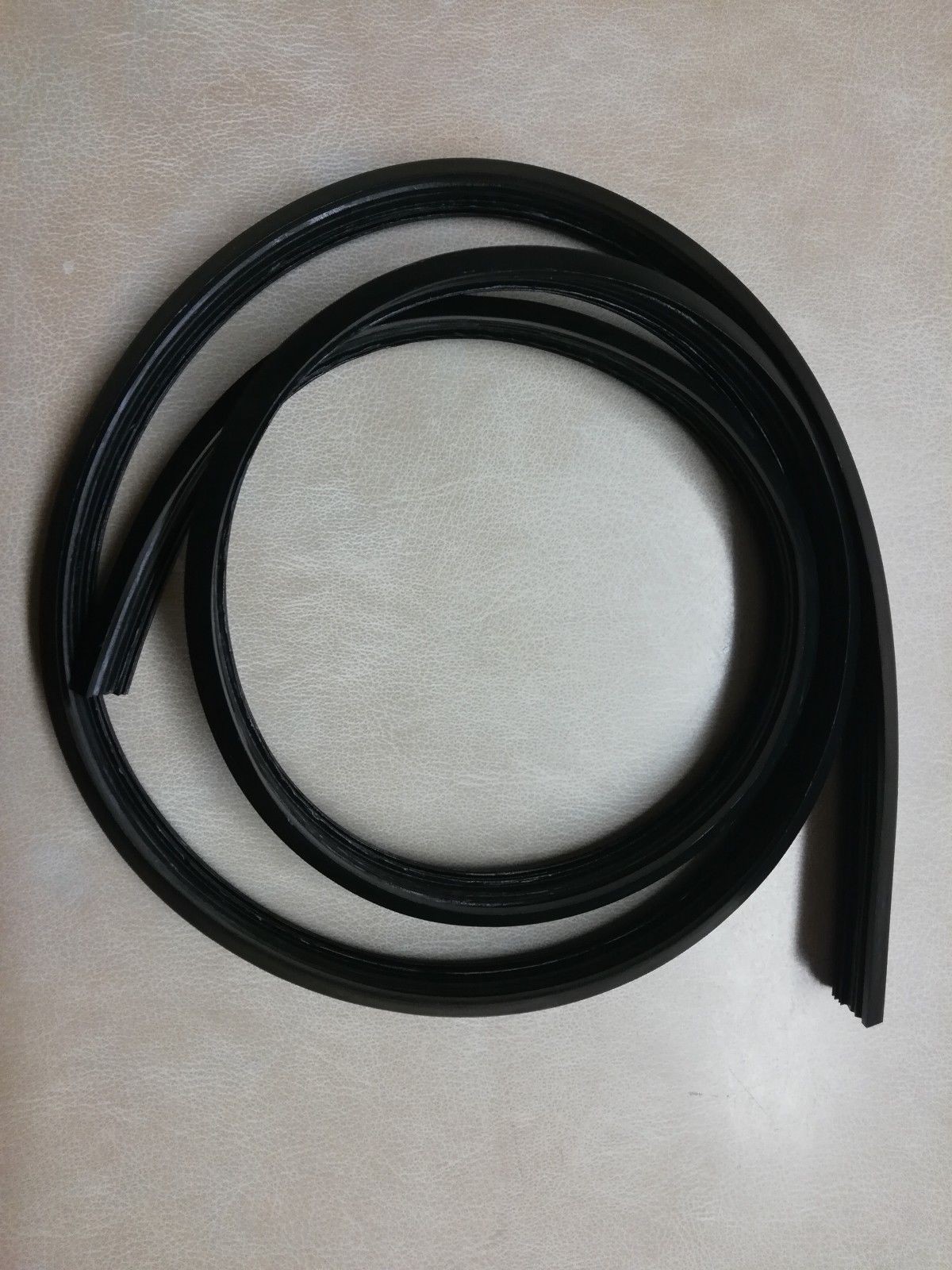
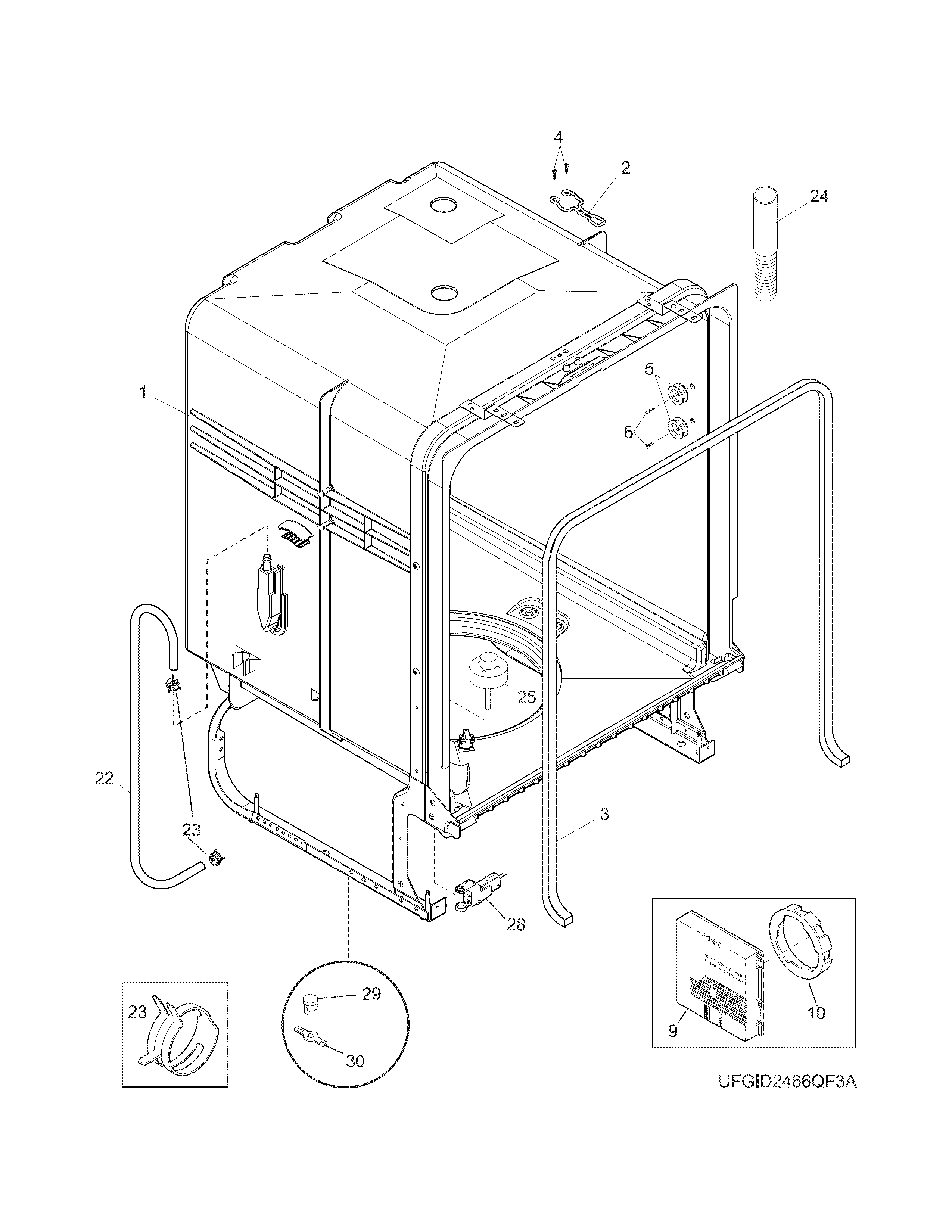



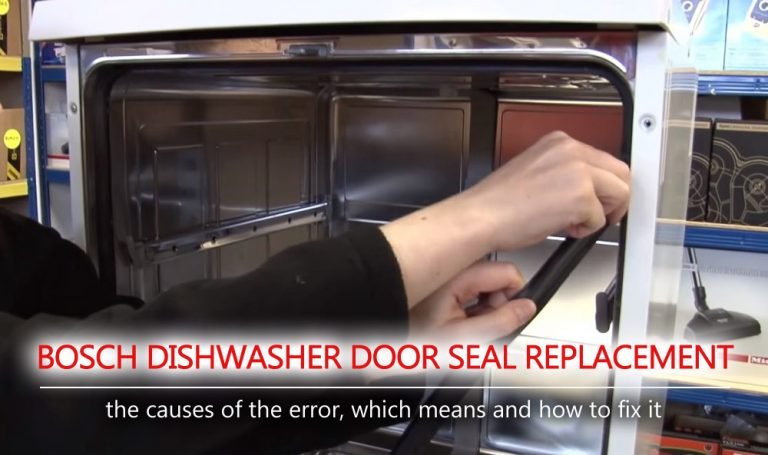
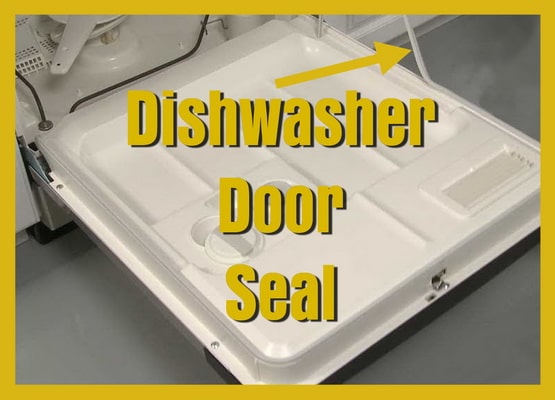






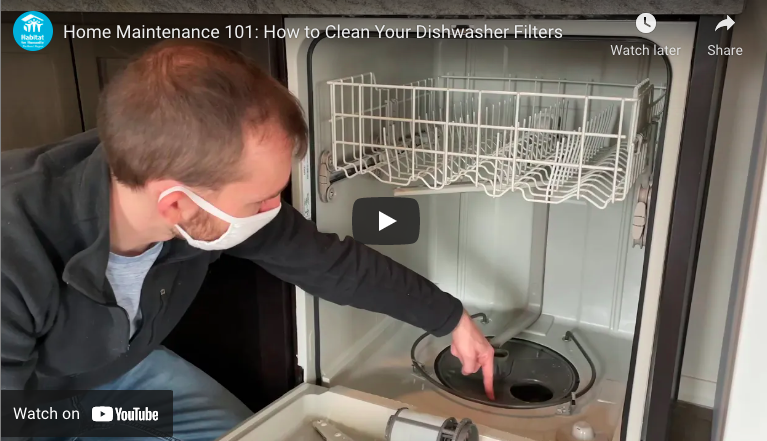
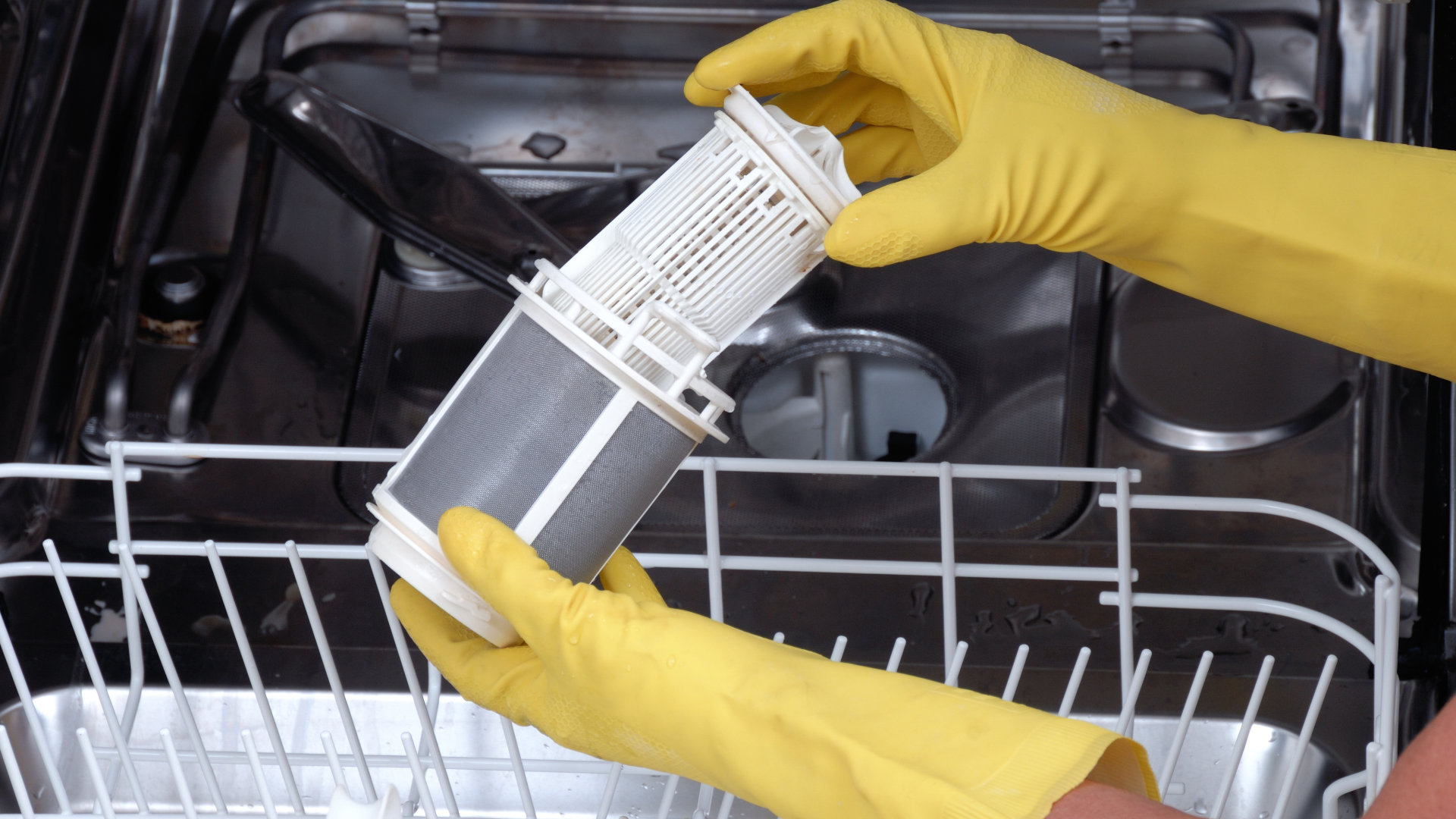
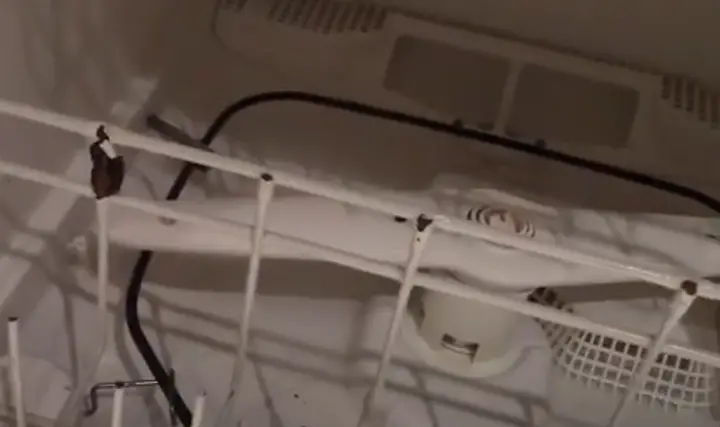



:max_bytes(150000):strip_icc()/how-to-clean-a-dishwasher-filter-5085457-06-b2112bc3a5f3499fa8cf06a6c8830a4d.jpg)





